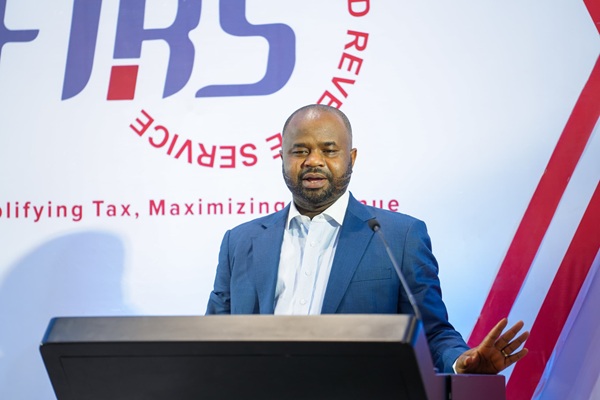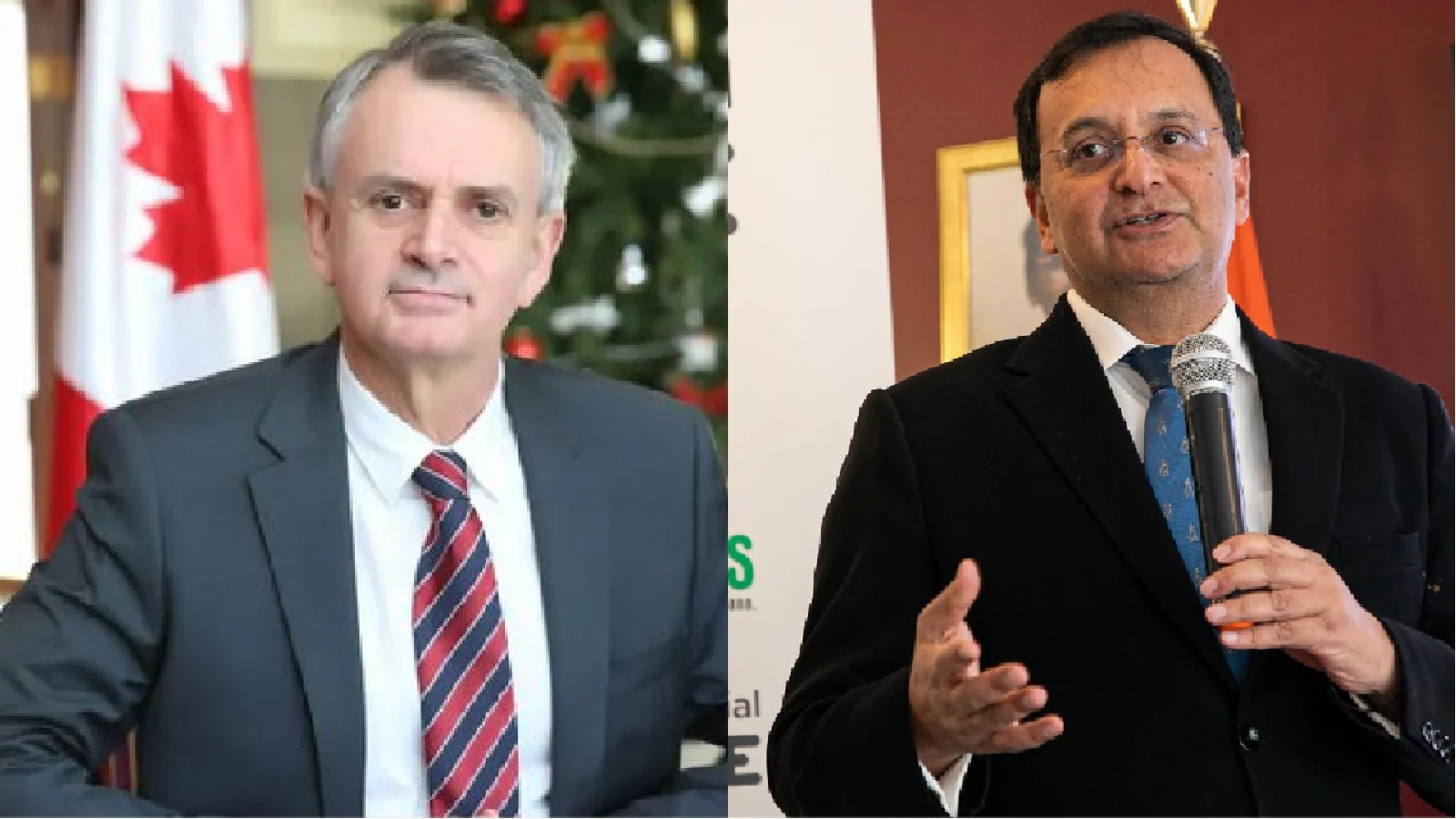By Nduka Chiejina,The Nation
Copyright thenationonlineng

Chairman of the Federal Inland Revenue Service (FIRS), Dr. Zacc Adedeji, has stated that the successful implementation of Nigeria’s new tax laws depends on strong collaboration among taxpayers, sub-national governments, and other stakeholders.
Adedeji explained that FIRS, which is currently transitioning to the Nigeria Revenue Service (NRS), cannot achieve the objectives of the reforms in isolation.
He urged the private sector, institutions, and agencies at all levels to work together to ensure the laws deliver the expected results.
Spokesman to the FIRS, Dare Adekanmbi, in a statement on Monday, said Adedeji made this declaration on Monday at a special engagement session organised for directors in the FIRS by the Presidential Fiscal Policy and Tax Reforms Committee.
Adedeji noted that the FIRS was ready to play its part as a partner in national development.
“Our collective posture should be one of readiness to listen, adapt, and deliver. A key pillar of the reforms is capacity building. The demands of modern tax administration, from digitalisation to data-driven compliance, cross-border taxation, and specialised industries, require new skills and approaches,” he said.
The FIRS chairman urged the agency’s directors to take the lead in strengthening the capacity of tax officers and supporting taxpayers.
According to him, “as directors, you will lead the charge in equipping our officers with the knowledge, tools, and confidence to implement the law effectively, while providing support to taxpayers.”
Read Also: FIRS clarifies: Bank accounts don’t require separate tax ID
He further promised that the Service would continue to invest “in training, technology, and systems that enhance efficiency, reduce compliance costs, and strengthen trust in the system.”
Also speaking at the event, the chairman of the Presidential Fiscal Policy and Tax Reforms Committee, Taiwo Oyedele, said Nigeria’s economy was showing signs of improvement compared to the situation before the administration of President Bola Tinubu took office.
According to him, the country’s balance of trade has moved from deficit to surplus, and the government is no longer resorting to printing money to meet obligations. He added that foreign exchange backlogs had been cleared, while external reserves have risen by $23 billion in two years.
“The gains of the reforms are already yielding positive macro results,” Oyedele said. “But beyond the macro numbers, we must ensure that these results translate into reducing poverty and creating jobs.”
Oyedele maintained that sustained reforms would further strengthen the economy, while stressing the need for policies that directly impact the lives of ordinary Nigerians.



